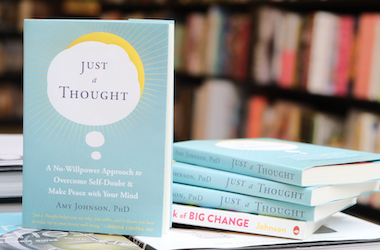As much as we may say we want the freedom to do as we choose, it often looks easier to be told what to do. 
“Just tell me”, they say, “should I apologize or not?”
“Is it okay that my spouse and I fight, or does that mean something is wrong with our relationship?”
“What’s the best way to handle a meddling mother-in-law?”
“Am I crazy to stay with her after she cheated on me?”
“How do I quiet my mind?”
They want someone to give them the answer. They are willing to do whatever it takes, even if it’s hard, as long as they know for sure that they are doing the right thing.
I used to be the queen of “just tell me what to do and I’ll do it”. I would have done anything to have the life I thought would make me happy. Problem was, I had no idea what that was and the people I paid to help couldn’t tell me.
No one can write you a behavioral prescription that will be helpful across the board. No matter how good they are at life, or how straightforward the issue looks, there is no standard course of action, ever.
It’s always about the intention and the feeling behind what you do; not about the specific action you take.
You can have an argument with your partner that is loving and helpful or you can have an argument that is hurtful and cruel. You’ve probably felt the difference.
You can ask your mother-in-law to stop doing one small, annoying thing that changes your entire relationship with her, or you can change your own perspective and ask for nothing. Either can work with the right feeling behind it.
Admitting you were wrong and apologizing for having hurt someone can be healing for you and the other person. Or it can drudge up old stuff that is better left alone.
Don’t make decisions based on what you think you should do, what experts recommend, or what you assume will yield the best results in the future. Decisions based on those things are decisions rooted firmly in fallible thought and personal belief.
That’s decision-making based on rules, and rules are biased. Rules will take over your life because it feels easier to consult a rule than make a real-time choice.
When you rely on rules, you completely lose touch with what your own inner wisdom might be telling you in the moment. You lose touch with what feels right in worship of what you think is right.
Instead, make decisions based on what feels right to you in the moment, without analysis or concern for how it might play out down the road. You can’t control the future and you can’t control other people’s reactions.
But consulting your own still wisdom ensures that you make the “right” decision every time.





